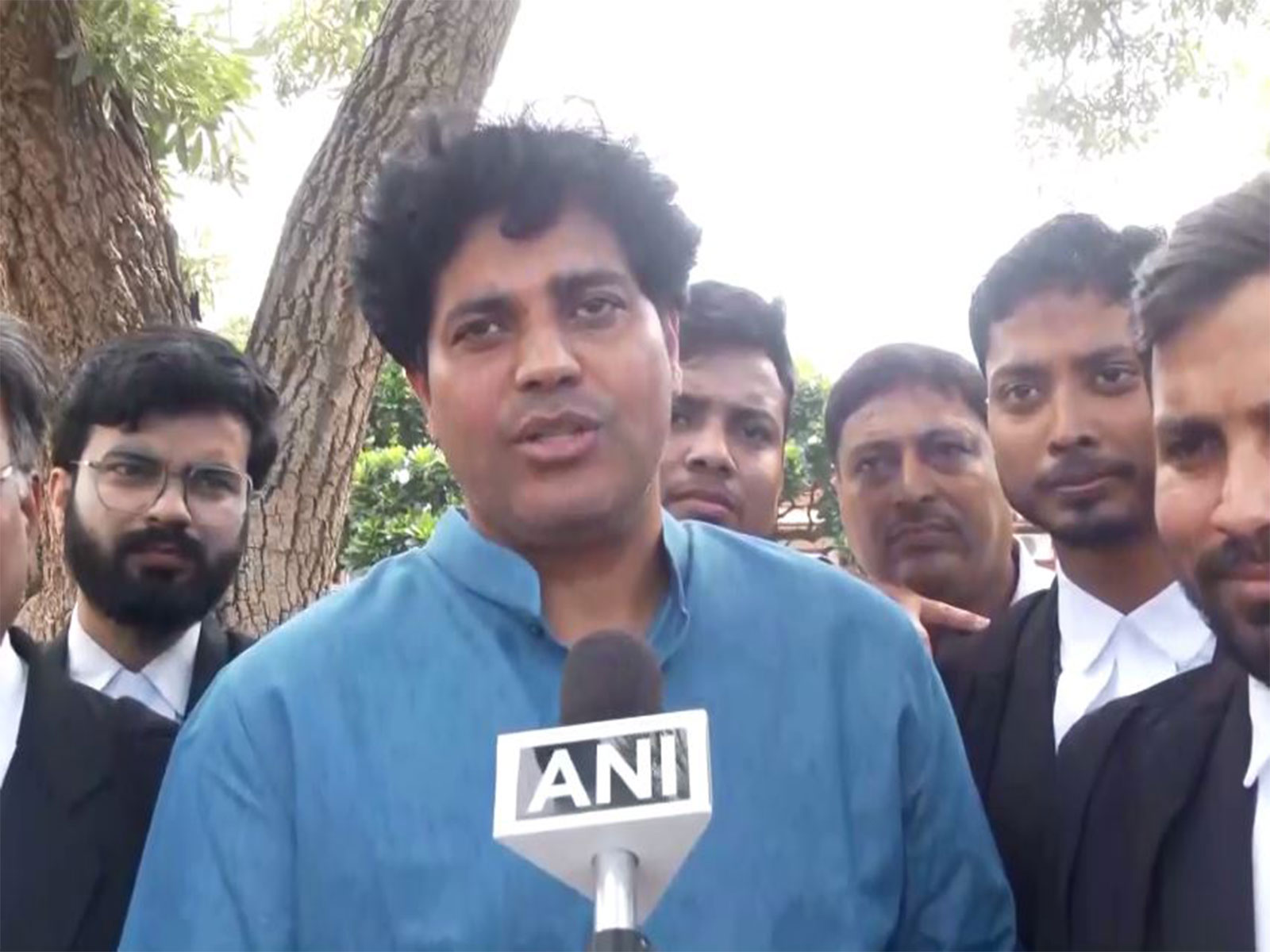"Supreme Court has put complete stop to Government's conspiracy": Congress' Imran Pratapgarhi after apex court stays certain provisions of Waqf Amendment Act
The Supreme Court has stayed a provision of the Waqf Act, which empowered a Collector to determine whether a property declared as Waqf is government property and pass orders. The Supreme Court stated that the Collector cannot be permitted to adjudicate the rights of personal citizens, and this will violate the separation of powers.

- Country:
- India
Congress MP Imran Pratapgarhi on Monday welcomed the Supreme Court's order on staying certain provisions of the Waqf Amendment Act, stating that the apex court has put a "complete stop" to the government's "conspiracy" and the verdict is a relief for those who feared their lands will be grabbed. The remarks by Pratapgarhi, one of the petitioners on a plea to stay the implementation of the Waqf (Amendment) Act 2025, were made as the Supreme Court pronounced judgment declining to stay the Act in its entirety, but put on hold some of its contentious provisions.
The apex court stayed a provision of the Waqf Act, which empowered district collectors to determine whether a property claimed as Waqf actually belongs to the government and pass orders. The Supreme Court stated that district collectors cannot be permitted to adjudicate the rights of personal citizens, and this will violate the separation of powers. Supreme Court also put on hold the provision in the Waqf (Amendment)Act 2025 the stipulation that only lawful property owners who have been practising Islam for at least five years can create Waqf through a formal deed.
The apex court stated that the requirement of being a practising Muslim for five years will take effect only after state governments frame rules on how to determine a person's adherence to Islam. Speaking to ANI, Congress MP Pratapgarhi said, "This is a really good decision. The Supreme Court has put a complete stop to the conspiracy and intentions of the Government. People who donate their land were fearful that the government would attempt to grab their land. This is a relief to them. How will the Government decide who has been a practising Muslim for five years? This is a matter of faith. The court took note of all these aspects. We will continue the fight."
The Supreme Court further stated that the provision of not more than three non-Muslim members should be included in the Waqf Board, and in total, not more than four non-Muslims shall be included in the Waqf Councils for now. The Waqf (Amendment) Act, which was tabled in the Lok Sabha and Rajya Sabha on April 2 and 3, respectively, was passed in both Houses and later received the President's assent on April 5, after which it became law.
The Waqf (Amendment) Bill, 2025, introduces significant reforms aimed at enhancing the governance, transparency, and efficiency of waqf property management in India. By addressing long-standing issues such as litigation and the lack of judicial oversight, the Bill seeks to create a more structured and accountable framework. Key changes include redefining the formation of waqf, improving the survey and registration process, empowering government oversight, and ensuring inclusivity by incorporating non-Muslim members and women into waqf-related bodies. These provisions mark a crucial step toward modernising Waqf property management in India, the release stated. (ANI)
(This story has not been edited by Devdiscourse staff and is auto-generated from a syndicated feed.)
ALSO READ
Waqf row: SC says number of non-Muslims in state waqf boards and central waqf councils cannot exceed three.
Supreme Court stays certain provisions of Waqf Amendment Act; 5-year Islam practice condition on hold
Waqf row: SC stays provision which says persons practising Islam for last 5 years can only create waqf.
Arab-Islamic Summit: Rallying Behind Qatar Amid Israeli Tensions
Arab-Islamic Summit: A Regional Crossroad for Peace?









